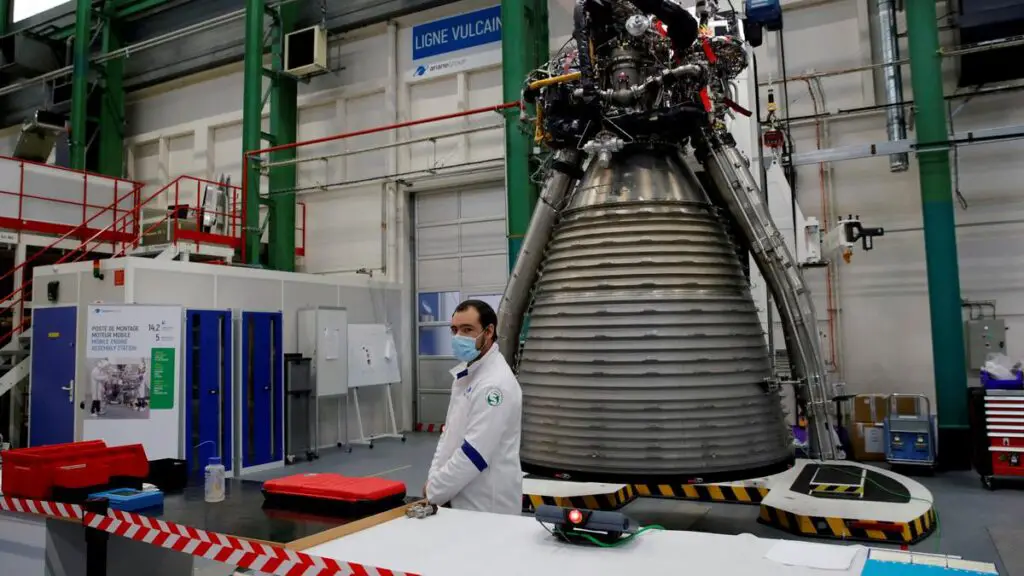Key Rehearsal Success for Ariane 6 Launcher
European Space Agency (ESA) confirmed the successful key rehearsal for the Ariane 6 launcher, marking a significant step towards its first flight in 2024. The test involved igniting the core-stage Vulcain 2.1 engine at the European spaceport in French Guiana.
Technical Details of the Test and Future Plans
Definitive results of the test are pending analysis of data, following a light anomaly during the final countdown. The seven-minute engine run simulates the launcher’s journey to space.
Developed by ArianeGroup, a joint venture between Airbus and Safran, the Ariane 6 aims to rival U.S. private launch provider SpaceX. The ESA Director General, Josef Aschbacher, expressed optimism about announcing a launch window for the 2024 inaugural flight, depending on the test’s results.
Significance for Europe’s Space Access
The success of the Ariane 6 test reflects ESA’s commitment to re-securing Europe’s autonomous access to space, crucial in the backdrop of challenges faced by its predecessor, Ariane 5, and the grounding of Vega C.
The recent Russian blockage of European use of its Soyuz rockets further underscores the importance of Ariane 6 in maintaining Europe’s independence in space exploration.
Implications for the Global Space Industry
Ariane 6’s successful development and future launch will not only benefit Europe but also impact the global space industry, particularly in the competition with U.S.-based space companies.
With the increasing commercialization and privatization of space ventures, ESA’s progress with Ariane 6 signifies its sustained relevance and competitiveness in the evolving space industry landscape.
Conclusion
The successful Ariane 6 test is a significant milestone for ESA and the European space industry. As preparations continue for the first flight, the global community eagerly anticipates the impact of this cutting-edge launcher on space exploration and commercial activities.

